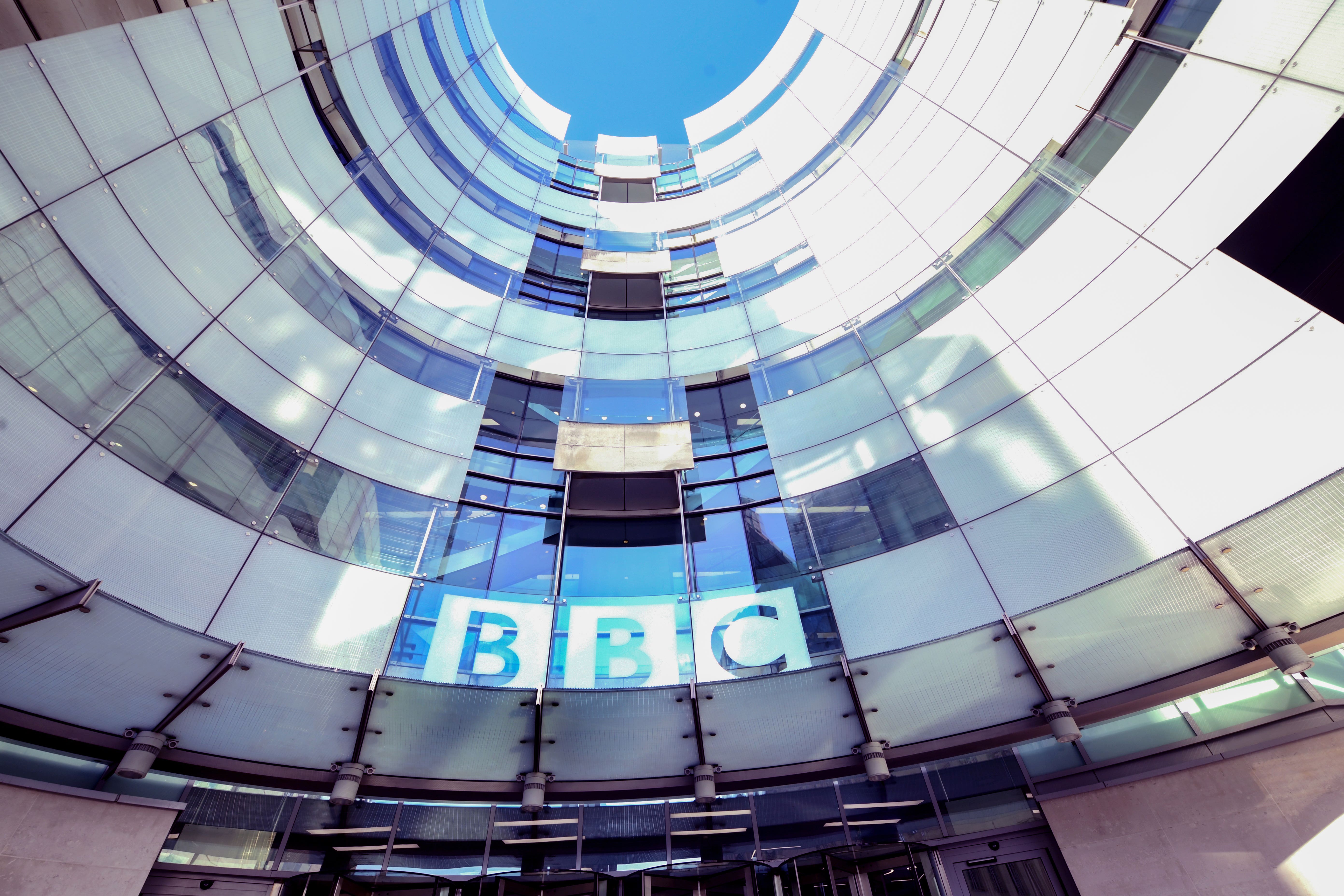Search of BBC offices in India ‘deliberate act of intimidation’, Commons hears
Tax authorities in India spent three days searching the BBC’s New Delhi and Mumbai offices last week.

Your support helps us to tell the story
From reproductive rights to climate change to Big Tech, The Independent is on the ground when the story is developing. Whether it's investigating the financials of Elon Musk's pro-Trump PAC or producing our latest documentary, 'The A Word', which shines a light on the American women fighting for reproductive rights, we know how important it is to parse out the facts from the messaging.
At such a critical moment in US history, we need reporters on the ground. Your donation allows us to keep sending journalists to speak to both sides of the story.
The Independent is trusted by Americans across the entire political spectrum. And unlike many other quality news outlets, we choose not to lock Americans out of our reporting and analysis with paywalls. We believe quality journalism should be available to everyone, paid for by those who can afford it.
Your support makes all the difference.A search of the BBC’s offices in India was a “deliberate act of intimidation” after the broadcaster published an unflattering documentary about the country’s leader, the Commons has heard.
DUP MP Jim Shannon used an urgent question in the Commons to hit out at the Indian government after its tax authorities spent three days searching the BBC’s New Delhi and Mumbai offices last week.
The MP for Strangford questioned ministers over whether they would summon the Indian High Commission over the issue.
The Government said it would follow the matter “closely”.
Critics of Narendra Modi have questioned the timing of the searches, which came weeks after the BBC aired a documentary entitled India: The Modi Question, which was critical of the Indian prime minister.
Mr Shannon said: “Let’s be very clear, this was a deliberate act of intimidation following the release of an unflattering documentary about the country’s leader.”
He added: “Since its release, there has been a concerted effort to prevent the documentary screening in India… the suppression of freedom of expression in media and with journalists.
“When students from universities across the country have tried to organise screenings of the documentary on university campuses, dozens have been arrested while others face internet blackouts with power cuts.”
Mr Shannon went on: “This has had a chilling effect on journalists, human rights advocates and religious minorities. These raids happened seven days ago and in that time there has been silence… from the FCDO (Foreign, Commonwealth and Development Office), no Government statements have been issued.”
He asked: “Can the minister tell me and this House if the Government (intends) to summon the Indian High Commissioner over this issue and raise it with his counterpart?”
Foreign Office minister David Rutley said: “Our broad and deep relationship guided by the comprehensive strategic partnership and the 2030 roadmap for India UK future relations allows us to discuss a wide range of issues in a constructive manner with the government of India. We continue to follow this matter closely.”
He also told MPs: “As everyone in this House will be aware, the BBC is quite rightly operationally and editorially independent from His Majesty’s Government.
“While I cannot comment on the allegations made by India’s income tax department, the BBC has said that it is supporting its staff in its Indian offices and co-operating with the Indian authorities to resolve this matter as soon as possible.”
Mr Rutley added: “Respect for the rule of law is an essential element of an effective democracy, so too is an independent media and freedom of speech. They make countries stronger and more resilient.”
Shadow minister Fabian Hamilton said: “In a democracy with true media freedoms, criticism cannot be shut down unnecessarily and freedom of expression must be protected at all costs.”
The Labour MP added: “Last week’s raids on the BBC in India are, therefore, deeply worrying, regardless of the official narrative as to why they took place.
“The BBC is a globally respected broadcaster rightly renowned for its high-quality, trustworthy reporting, it should be free to report and operate without intimidation.”
Conservative Sir Julian Lewis (New Forest East) described the raid as “extremely worrying”.
Indian tax authorities spent three days searching the British broadcaster’s offices in New Delhi and Mumbai last week.
India’s Central Board of Direct Taxes said: “The department gathered several evidences pertaining to the operation of the organisation which indicate that tax has not been paid on certain remittances which have not been disclosed as income in India by the foreign entities of the group.”
It said it found “several discrepancies and inconsistencies” and had gathered “crucial evidence” from statements of employees, digital evidence and documents which would be examined more fully.
A BBC spokesperson said: “The income tax authorities have left our offices in Delhi and Mumbai. We will continue to cooperate with the authorities and hope matters are resolved as soon as possible.
“We are supporting staff – some of whom have faced lengthy questioning or been required to stay overnight – and their welfare is our priority. Our output is back to normal and we remain committed to serving our audiences in India and beyond.
“The BBC is a trusted, independent media organisation and we stand by our colleagues and journalists who will continue to report without fear or favour.”